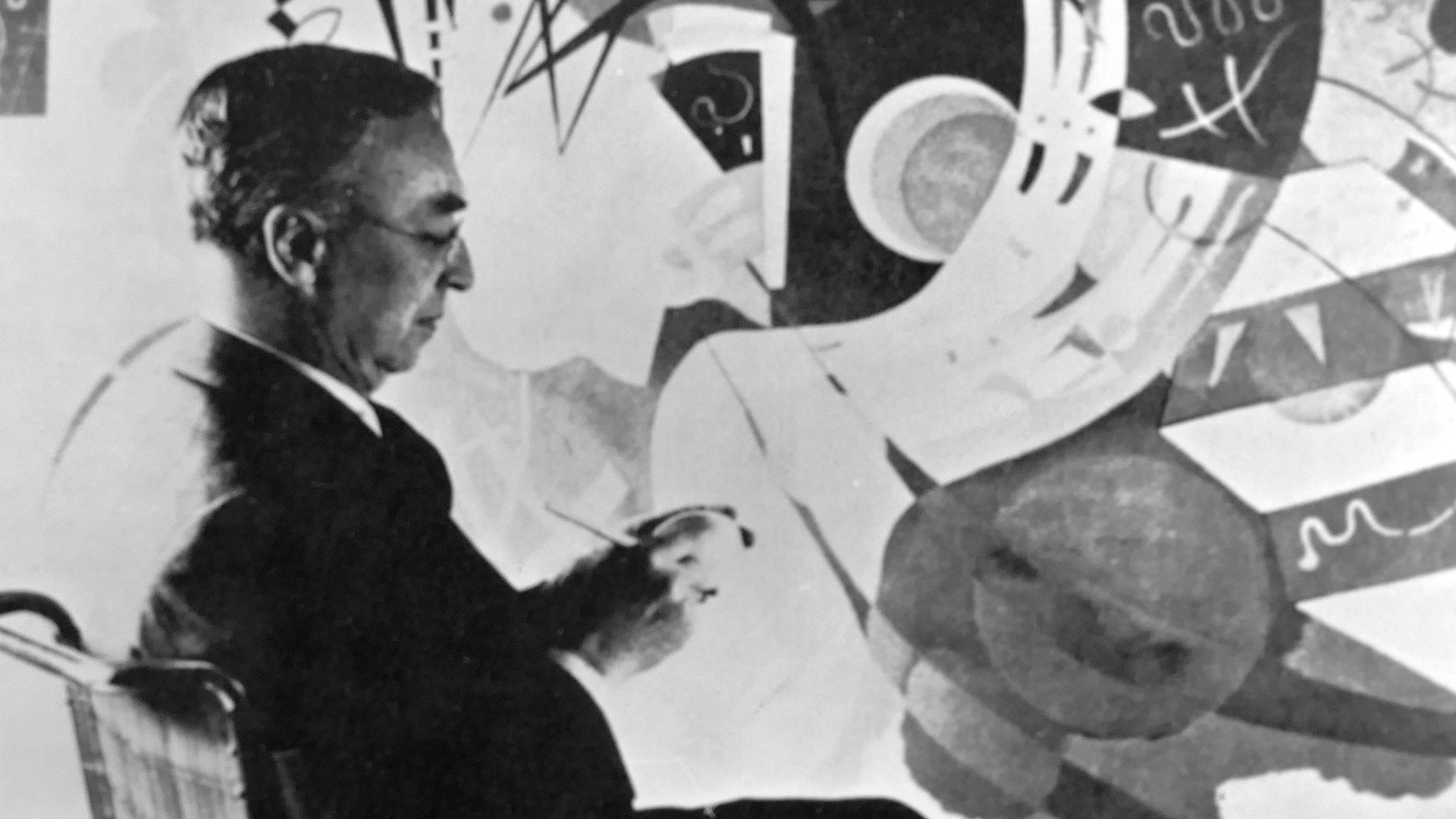I still have a book from the early 1960s of Klee’s drawings. Back then I’d written my poor poems in them, comments on Klee’s extraordinary, childlike drawings. He once talked, when he taught at the prestigious art radical Bauhaus in Germany, about taking a pencil for a walk. And you could see the pencil in his drawings meandering its way across a piece of paper.
Ever since I was 16 and visiting art galleries on home leave from my young offenders’ institution I have been blown away by seeing Klee. But I never imitated his beautiful and at times delicate draughtsmanship. I did not want to be him. I simply wanted to be inspired by him.
Now the Klee Gallery from 1969 has been replaced on a hill in Bern by a wavelike building. Designed by Renzo Piano, who with the late Richard Rogers did the Pompidou Centre in Paris, it is incredible. Making vast spaces for the hanging of Klee’s work, as well as for contemporary exhibitions.
So you might call this a pilgrimage. A young bloke when old retraces his younger steps. But this was not a sentimental journey. Rather it was to check where my eye has gone in these more than five decades. Paul Klee still means a lot to me. Whatever has happened to my eye it’s still open for Klee, so to speak.
Klee is also a memory-stirrer for me because, aged 18, I was propagandising about him to an art student. We became lovers over Klee because she vehemently disagreed with me. Which seemed to draw us together. Recently I walked past the scene of our courtship in her first floor South Kensington balcony room and looked up. And thought of Klee. And that memory of Klee got me thinking about going to Bern.
I was 23 that summer when my girlfriend and I set off to tour Europe. After a rollercoaster of hitching for six weeks, we arrived in Bern exhausted and moneyless. Hence the begging.
But this time I went by Swiss Air and Swiss train. All things material have moved on since 1969. And that is the operative word – material. For now, five decades later, the firestorms and floods – perhaps the meting out of some biblical punishment – seem to turn on that word ‘material’.
We have such a materially different world because change has come at a vast cost to our physical world. Trade has trebled, population doubled. A hotter, vastly bigger world economy.
The human journey seems to need questioning. Where did we go wrong, or was it just a gradual thing? Certainly the Second World War could be seen as the big explosive moment. From then on the modern world became an inevitability. Levi denim, Elvis Presley, keyhole surgery, The Beatles, mobile phones, Facebook.
I cannot carry all this into the cool Piano-designed gallery with me to gaze at the brilliant works of a masterful artist. It’s impossible. But I could reflect later that it is in the last 50 or so years, with the spread of the marketplace, between me looking at Klee back then and now, that we have shot ourselves in the environmental foot.
Greening the world seems to be our only answer. A major part of which will take a level of cooperation the world has not known in peacetime. Covid in a sense could be seen as a precursor, an indicator of what imposed cooperation looks like. Perhaps Covid was a warning sign that we are going to have to drum up something that is not ‘more of the same’.
I have clearly chosen a hot, troubling summer to revisit a memory. But probably any summer from now on is going to look similar. The world needs redesigning and, most urgently, it needs greening.
John Bird is the founder and editor in chief of The Big Issue. Read more of his words here
Do you have a story to tell or opinions to share about this? We want to hear from you. Get in touch and tell us more









